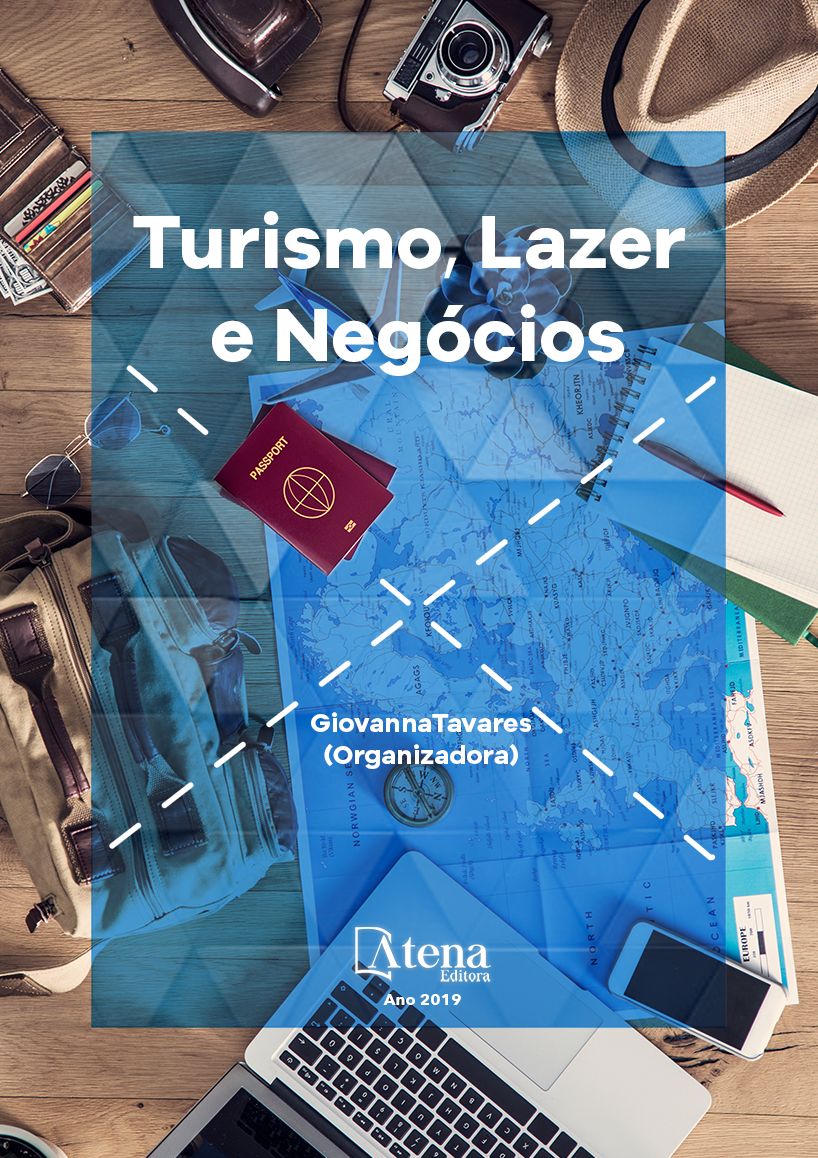
O BOTECO CARIOCA E A HOSPITALIDADE NA CIDADE DO RIO DE JANEIRO.
O boteco é uma espécie de bar, que
apresente algumas categorias distribuídas em
função do público que frequenta, da natureza
do cardápio, da localização, do espaço em
si e da sua participação no cenário social e
cultural na vida do carioca. A pesquisa teve
como objetivo tratar da importância dos botecos
na cidade do Rio de Janeiro, como “símbolo
do viver carioca” associado à representação
da hospitalidade turística local. Partimos do
pressuposto que o boteco está associado à
imagem do Rio de Janeiro como um ambiente
tradicional informal que representa a cultura
gastronômica da cidade e por isso, cumpre
também um papel hospitaleiro recepcionando
àqueles que a visitam. Sendo considerado por
muitos como patrimônio carioca. Os principais
resultados indicam a ampliação da atitude
empreendedora, a criatividade na busca de
novas receitas assim como uso de novos
insumos e uma maior diversidade na oferta de
bebidas pelos estabelecimentos participantes.
O BOTECO CARIOCA E A HOSPITALIDADE NA CIDADE DO RIO DE JANEIRO.
-
DOI: 10.22533/at.ed.17019080516
-
Palavras-chave: Gastronomia, turismo, hospitalidade, boteco e Rio de Janeiro.
-
Keywords: gastronomy,tourism, hospitality, pub and Rio de Janeiro.
-
Abstract:
The pub is a kind of bar, which has
distributed some categories depending on the
audience that attends, the nature of the menu,
location, space, and other and their participation
in social and cultural scene in the life of Rio. The
research aimed to address the importance of
pubs in the city of Rio de Janeiro, as “a symbol
of living Rio” associated with representation of
the local tourism hospitality. We assume that the pub is associated with the image of
Rio de Janeiro as an informal traditional setting that is the gastronomic culture of the
city and therefore also plays a role entertaing hospitable to those who visit. Considered
by many to Rio equity. The main results indicate the expansion of entrepreneurial spirit,
creativity in finding new recipes and use of new inputs and greater diversity in the
supply of drinks from the participating institutions.
-
Número de páginas: 15
- Cláudia Mesquita Pinto Soares
- Tânia Muzy da Silva
- Bruno Morett Figueiredo Rosa
- Luana Costa Pierre de Messias
- Ricardo Guimarães Matias
- Ceci Figueiredo de Moura Santiago


